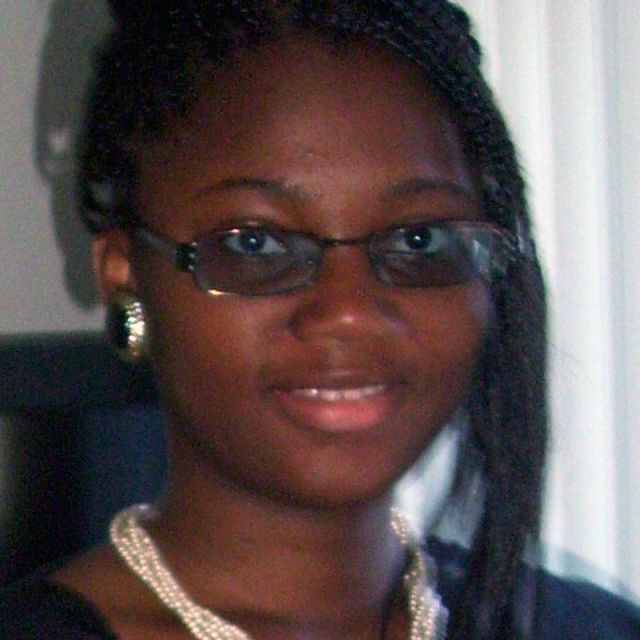I’ve come to realize there is also a relationship between our Catholic faith and this basic accounting premise.
My faith — and the practising of it — acts as the accounting balance of my life. Should I go to Mass today? Well “I already went yesterday and I go to Mass more than most people anyway so I am sure God will understand.” Or even just those days when everything that can possibly go wrong has done so and you are asking God, “Why me? After everything I have done; after all my investments to be a good Christian.”
Or even those days when you think, “I am helping this person so much and I get nothing in return.” Somewhere in my head I draw 1,001 balance sheets, unconsciously analysing how much my investments are (what I have done) vs. my expenses (what I now deem I am “owed”).
I forget about the possibilities of understating or overstating these accounts: the possibilities of claiming more than I actually deserve to receive. Accounting in acts of faith should be treated more like gifts and gratuities than investments and liabilities. It is not so much what you receive as it is the satisfaction you get from knowing you helped someone. This way, when you need to draw the line between helping and being taken advantage of, you can do so with the clear conscience that you don’t owe it to anyone to help them.
It is a gift you give because you know that God calls us to love as He has loved us. If He ever did His own accounting and balanced His books, it would leave us permanently in the red in what we owe Him. Sharing that same love, therefore, is something that can never be accounted for. Accepting the problems that come along despite His love for us is our own chance to show some form of perseverance in this regard as well.
My father usually says, “There is only so much you can lend before your hand yearns for something from someone else.” The Gospel of Luke, in perfect complement to this, says, “… Lend to (others) without expecting to get anything back. Then your reward will be great.” It is with these quotations in the back of my head that I forgo the balance sheets in my head.
While I am not completely changed, I think realizing the “expenses of my thoughts” places me on the right path. Accounting has taught me more than I give it credit for.
(Chigbo is a first-year communication, culture and information technology student at the University of Toronto Mississauga.)
A faithful lesson learned during accounting class
By Adanna Chigbo, Youth Speak NewsAs the university “summer” session began, there were a few things I had come to dread: the sweltering heat, brussel sprouts and the accounting course I am taking this summer.
I dreaded this course because one small miscalculation could completely render the following equations inaccurate, and the thought of failure due to one simple mistake seemed a daunting prospect. You might say the same can be said of mathematics of any kind. True — to some extent. But, unlike most other “mathematical sciences,” basic accounting focuses on a notion of balances: assets = liabilities + investments.
Please support The Catholic Register
Unlike many media companies, The Catholic Register has never charged readers for access to the news and information on our website. We want to keep our award-winning journalism as widely available as possible. But we need your help.
For more than 125 years, The Register has been a trusted source of faith-based journalism. By making even a small donation you help ensure our future as an important voice in the Catholic Church. If you support the mission of Catholic journalism, please donate today. Thank you.
DONATE

